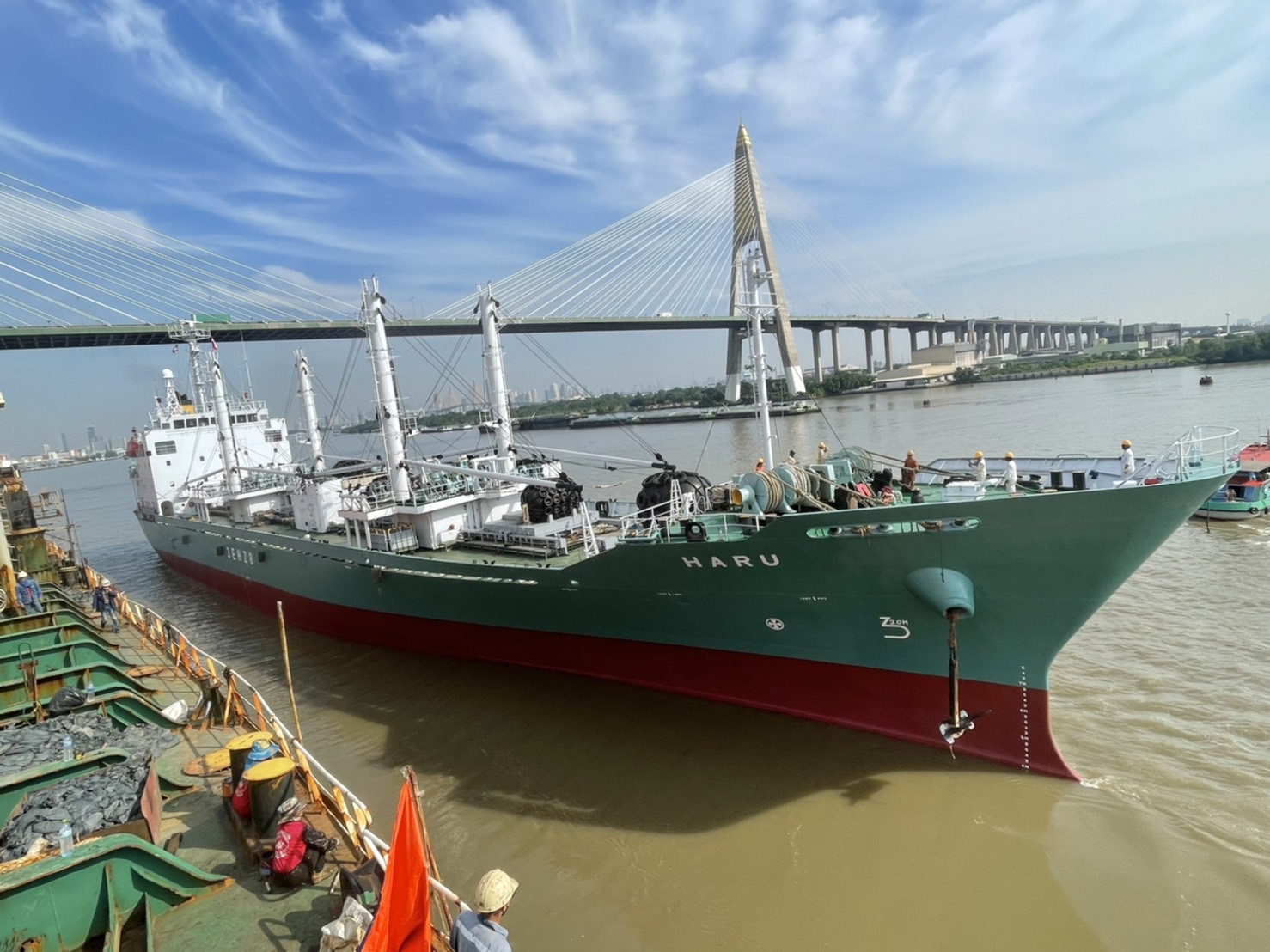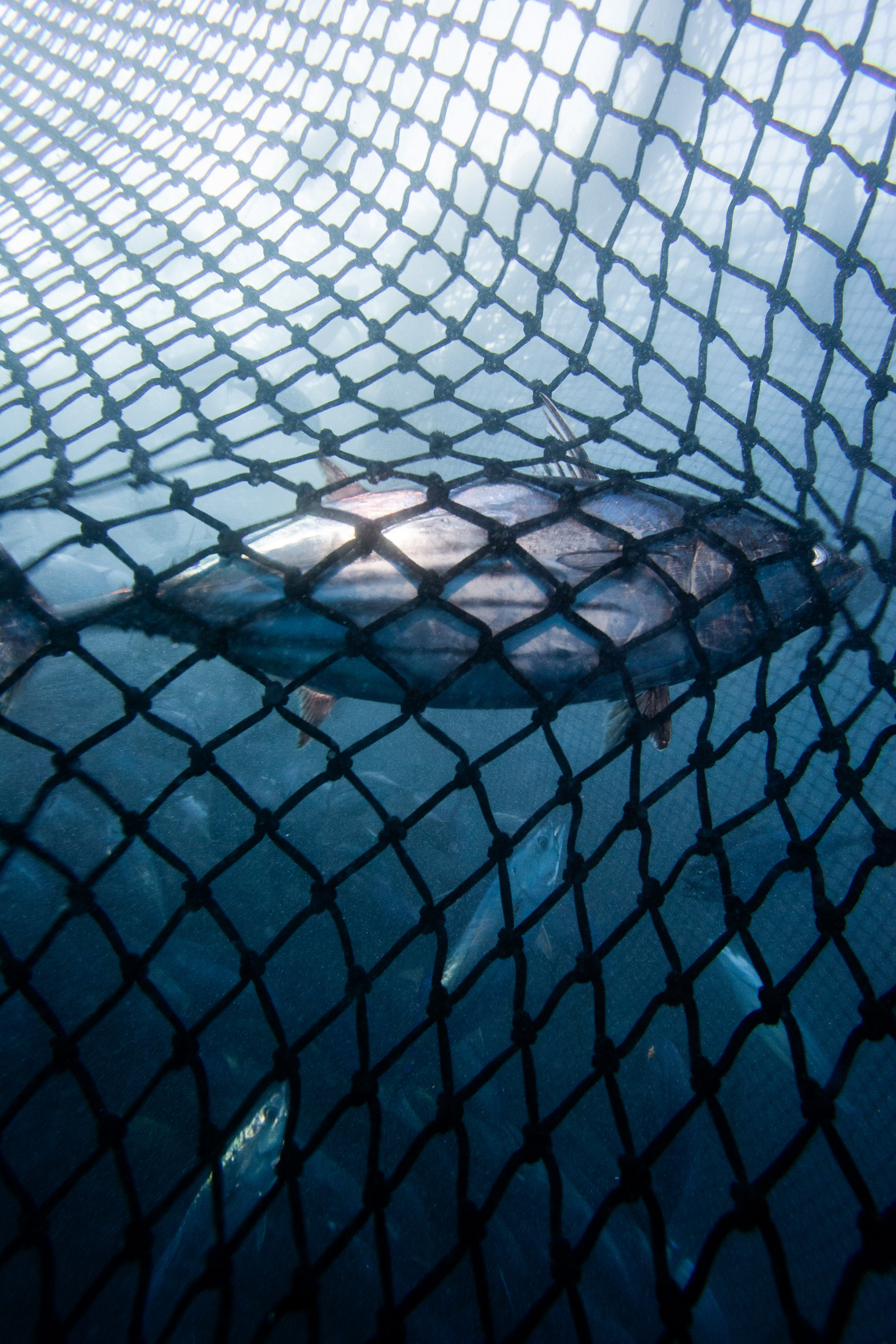One of the world’s biggest suppliers of canned tuna which supplies global supermarket chains is failing to act on shocking environmental and human rights breaches in its supply chain.
An investigation by Shark Guardian has found sustainability pledges and commitments to action by Taiwanese tuna giant Fong Chun Formosa (FCF) are empty promises, leaving fisheries workers and threatened shark species at risk.
FCF is one of the world’s biggest tuna traders with an associated fleet of over 500 vessels and revenues of hundreds of millions of US dollars a year. It supplies and owns the US canned tuna company Bumble Bee Foods.

SUPPORTED BY HEROES LIKE YOU
Support independent eco journalism that drives real change.However, the Shark Guardian investigation found that FCF announces new sustainability and human rights initiatives without demonstrating progress on existing commitments. An ongoing pattern of lack of transparency in its complex supply chain combined with toothless regulation helps mask major issues.
“Our report exposes not only serious environmental and labour abuses but a cynical lack of transparency by FCF and a deeply worrying lack of action by the organisations created to monitor bad practices by fisheries”
– Shark Guardian Founder Brendon Sing
The report Empty Promises, Empty Oceans: Fong Chun Formosa Fishery Company’s Sustainability Commitments finds a substantial gap between the company’s published standards and its suppliers’ behaviour.
FCF claims 100% of its portfolio is traced and verified, yet environmental and human rights abuse have been repeatedly found in its supply chain. With fishing vessels and subsidiaries across America, Asia Pacific, and the Indian and Atlantic Oceans, FCF’s supply chain is as global as its market.

Despite claims of transparency, the company makes it difficult for independent organisations to verify the vessels in its supply chain.
In recent years, vessels associated with FCF have been subject to complaints of abuse of vulnerability, physical and sexual violence and the retention of identity documents, including a 2019 case in which a fisherman was beaten to death.
Shark Guardian’s Marine Wildlife Campaigner Alex Hofford says: “FCF is such a huge supplier of tuna that its policies impact fishing and fisheries everywhere and while they say the right thing, our report reveals a serious disparity between the tuna giant’s published ambitions and its actions.”
FCF has signed up to multi-stakeholder Fisheries Improvement Projects (FIPs) which were designed to help tuna fisheries respond to environmental and social challenges. Five FCF related FIPs have been assessed as meeting an increased risk of forced labor and human trafficking and given a deadline to address problems. In each case, the FIP has successfully applied for an extension, postponing actions and improvements.

“The delaying tactics, lack of progress, and lack of transparency, reflect a lack of real commitment to sustainable tuna fishing by FCF and the FIPs,” Hofford argues.
“As an industry leader, FCF bears a significant responsibility to ensure the integrity of its supply chain and cannot rely on unverified promises by its suppliers.”
Shark Guardian calls on FCF to ensure its suppliers and associated fleets fulfil its sustainability promises and adhere to global standards for human rights, labour, and the environment.
Its report concludes: “With more than 90% of the world’s primary marine fish stocks categorised as fully exploited, over-exploited, or substantially depleted ... industry leaders and standard-setting bodies can no longer afford to make empty sustainability claims in the name of increased profits and must deliver on their promises.”





